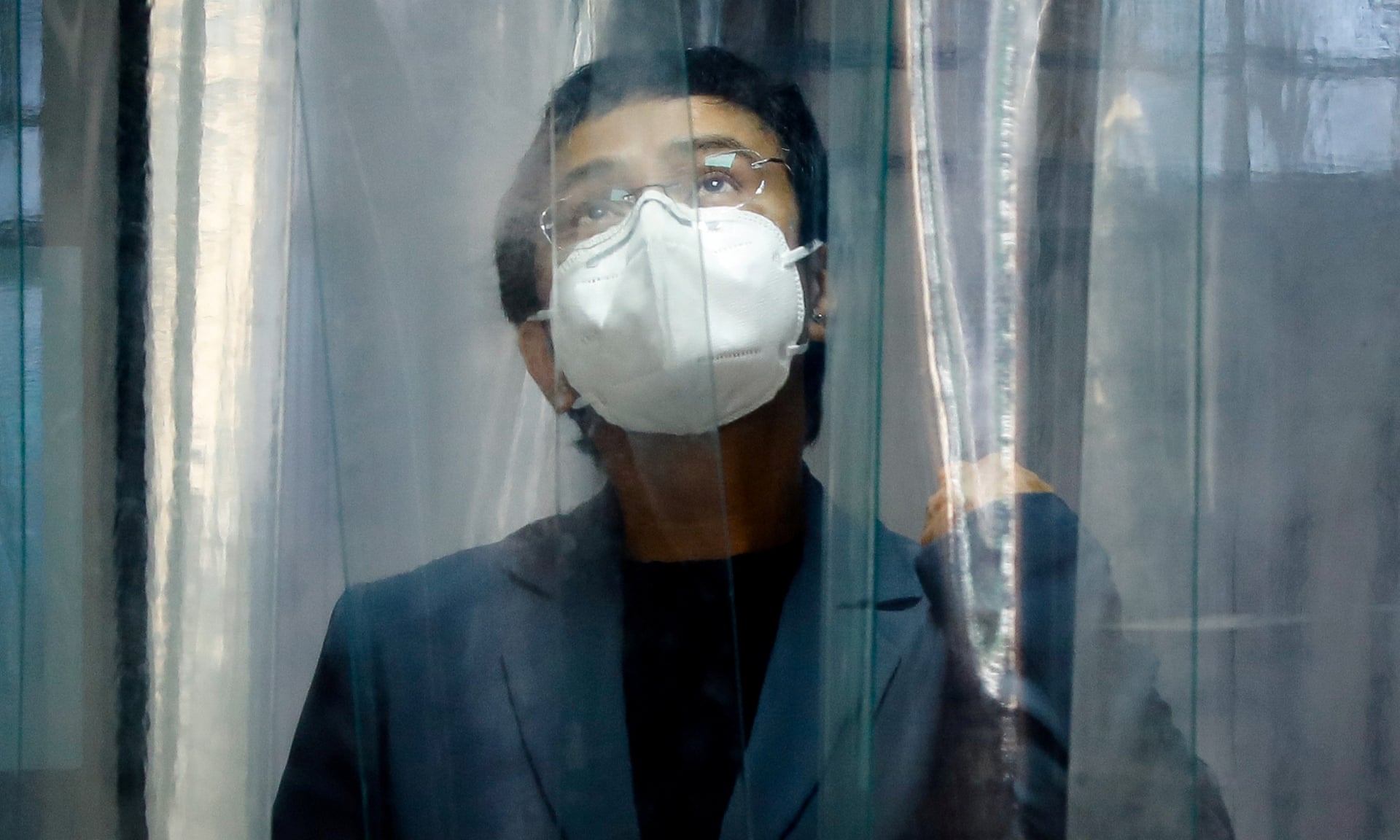Maria Ressa’s conviction should matter to everyone who cares about democracy
The media – in the Philippines and elsewhere – forces those in power to answer for the consequences of their policies. We can’t stand by while it is assaulted.
By almost any measure, the conviction of Maria Ressa and her former colleague, researcher-writer Reynaldo Santos Jr, will have serious implications for democracy in the Philippines.
On Monday morning, a court in Manila found the pair guilty of ‘cyber libel’, for a story published in 2012 on the news website Rappler.com that Ressa founded and now leads. The judge released them on bail pending an appeal, but if they lose, they could spend up to seven years in prison.
To reach her verdict, the judge had to accept the prosecution’s breathtakingly thin arguments. First, that the website had violated the “cyber libel” law, even though the story was published four months before the law even existed. The judge agreed that Rappler had “republished” the story, when it corrected a spelling error in 2014, thus making it subject to the law. The judge also accepted the prosecution’s theory of “continuous publication”, to get around the fact that the statute of limitations on libel in the Philippines is just one year.
In the words of the National Union of Journalists, it was a “shamelessly manipulated charge”, and an “act of persecution by a bully government”.
Amal Clooney – the UK’s special envoy on media freedom and one of Ressa’s lawyers – has described the case as “one of the most brazen and consequential of the decade”. Ressa calls it “lawfare”.
As a journalist who has been in the dock to hear a guilty verdict after a sham trial, I viscerally understand what Ressa and Santos Jn were going through. When I heard the news, I felt a disturbingly familiar churn deep in my stomach, knowing – feeling – the stress that they will be experiencing. But the far greater issue is the impact of this verdict on the Philippines itself and the region more broadly.
The Philippines is one of the world’s most dangerous nations for journalists. The Committee for the Protection of Journalists calculates that over the past 30 years, 145 have lost their lives.
President Duterte routinely calls reporters, “spies” and, “sons of bitches”, and once suggested that most of those journalists who died, somehow deserved it. “You won’t be killed if you don’t do anything wrong,” he said.
Duterte has also targeted and forced the closure of ABS-CBN, the largest media company in the Philippines, while the owners of the country’s largest newspaper, Philippine Daily Inquirer, were forced to sell the publication to a Duterte ally after publishing news reports and editorials critical of the deaths mounting in his war on drugs.
Of course, no government likes the media. When it is doing its job – as Rappler was – it forces those in power to answer for the consequences of their policies. And when an authoritarian leader manages to crush other democratic checks such as parliamentary oversight and an independent judiciary, all that’s left is the awkward squad armed with pens, cameras and microphones.
And if this case matters to democracy in the Philippines, it also matters to the region more broadly. In its latest report, the human rights group Freedom House said, “political rights and civil liberties declined overall in Asia, as authoritarian rulers showed their disdain for democratic values…”
This verdict, and the sustained assault on press freedom, accelerates that trend. We know from bitter experience that as authoritarians extend their rule, instability tends to follow.
In the past, the United States has led the way in defending liberal democratic values like press freedom, the rule of law, and human rights. But rather than criticising them, President Trump has infamously cozied up to the likes of strongmen such as President Duterte, and it seems doubtful that he will speak up now.
Which leaves it to other democracies like Britain and Australia to lead the way.
Australia’s national Foreign Policy White Paper published in 2017 said promoting transparency, accountability and the rule of law in our region is one of the government’s key objectives.
Last year the UK and Canada jointly hosted the first Global Conference on Media Freedom in London, as a signature initiative designed to push back on a deeply troubling global slide in press freedom.
If those governments truly believe in protecting those fundamental democratic principles, they will speak loudly and forcefully in support of Ressa and her colleagues at Rappler.
At a news conference after the hearing, Ressa addressed the gathered journalists directly. “It is a blow to us. But it is also not unexpected,” she said.
“We (Rappler) are meant to be a cautionary tale. We are meant to make you afraid. But don’t be afraid. Because if you don’t use your rights, you will lose them.”
She was talking to her countrymen, but she might as well have been addressing us all.


